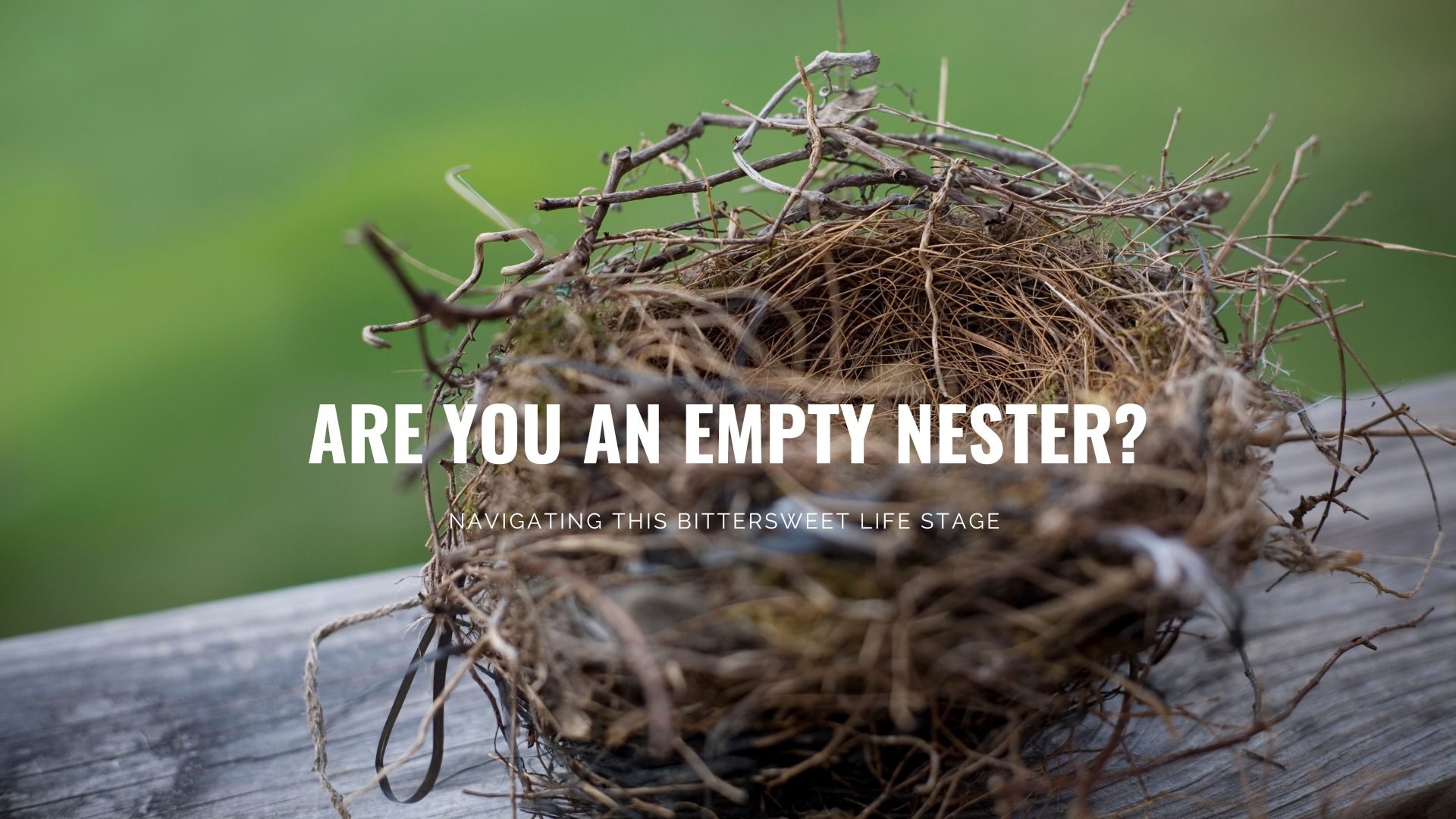Are you an empty nester?
It’s a tough time!
As a parent of three adult sons, all forging independent lives, I understand how bittersweet this life stage feels.
As our children grow and leave the nest, we are proud of their accomplishments and excited for their future. Alongside the pride, parents feel a real sense of loss and emptiness. The family home becomes quieter and less hectic.
Empty nest syndrome
This emotional time is called empty nest syndrome.
Changes to family life bring a mixture of happiness tinged with sadness. When your last child leaves home, it can feel like a bereavement. The transition is difficult, but the newfound freedom also presents an opportunity.
This is a crucial time for parents to focus on their plans and goals, including estate planning.
Changing your focus
Estate planning is the process of arranging and organising the assets and property you own in anticipation of later life, incapacity, and the end of life. This can include creating a will or trust, naming beneficiaries, and making arrangements for the management and distribution of assets. The main goal of estate planning is to ensure that your wishes are followed. You’ll want to minimise any potential legal or financial complications that may arise after death.
A critical aspect of estate planning for empty nesters is creating a Will.
Making a Will
A Will is a legal document that outlines how you would like your assets to be distributed after you pass away.
It will name your executors - the people you trust to manage the distribution of your assets. As your children are now independent adults, including them as your executors is an option. If they are financially astute, they’re a good choice. If they struggle with money or life admin, choose a different family member - someone you trust to manage everything without feeling stressed.
A professional executor can help your child or children even if not appointed in your Will. So, if you are struggling to choose, don’t worry. We can guide you through your options and refer you to a professional trustee if you feel you’d like this security. See our blogs about executors and our estate administration web page for more information.
Estate planning
Another important aspect of estate planning is thinking about your own financial needs as you head towards retirement.
It’s time to think about how you will fund your later life care if needed. You may want to plan your funeral arrangements and deal with any potential inheritance tax as part of your planning.
Estate planning also includes creating your Lasting Powers of Attorney.
You should have nominated the beneficiaries for your pensions and life policies, and started to think about future care costs. Early action will ensure you’re cared for in the way you want.
Making a living Will, also known as an Advance Directive, can be the perfect way to start a conversation with your family. Share your thoughts and views. If you have specific wishes, especially if you want to stay in your own home for as long as possible, you must let your family know. We recommend the free resources provided by Compassion in Dying.
The thought of estate planning may seem daunting. Perhaps you find it a taboo subject. It’s important to remember that estate planning and making a Will are simply part of sensible financial planning. The aim is to ensure your wishes are carried out and your loved ones are taken care of after you pass away.
Estate planning can also provide peace of mind and security for you and your family.
Coping with empty nest syndrome
Empty nest syndrome can be a difficult transition for parents as they adjust to their children leaving home.
Here are a few ways to cope with this change:
1. Reflect on your feelings
It is essential to acknowledge and understand your feelings of loss and sadness. Allow yourself to grieve the changes that are happening in your life.
2. Connect with others
Talk to other parents who have gone through the same experience. They can offer support and understanding. Joining a support group or online community can be a great way to connect with others who are going through the same thing.
3. Focus on self-care
This can include exercise, hobbies, and spending time with friends and loved ones. Taking care of yourself can help improve your mood and overall well-being.
4. Create new traditions
Instead of focusing on what you've lost, try to create new traditions and activities you can enjoy with your family. This can include having dinner with your children when they come home for visits or taking a trip together.
5. Consider a new project
Empty nest syndrome can be an excellent time to take on a new project or pursue a new interest. This can be a perfect way to redirect your energy and focus on something new.
6. Seek professional help
If you find that your feelings of sadness or loss are overwhelming or impacting your daily life, it may be helpful to seek professional help. A counsellor can provide support and guidance as you navigate this transition.
Remember that feeling a sense of loss and sadness as your children leave the nest is normal.
Give yourself time to adjust and try different strategies to cope with these feelings. With time and support, you will find ways to adapt and move forward. Getting your estate plans in place can give you a real sense of peace.
Next steps
If you’d like to start your estate planning process, we’d love to help. Get in touch today.

